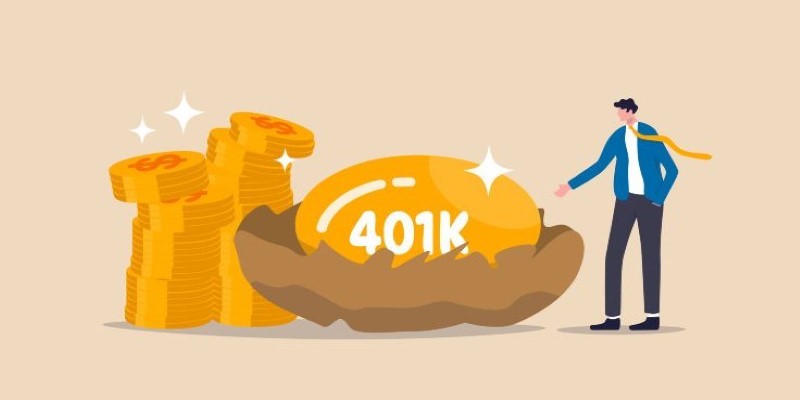How to Decide Between Trading-In or Selling Your Car
Finding a way to deal with your old car can be tricky. Should you take it to a dealership or try to sell it privately? Each approach has its pros and cons, and what works for one person most likely will not work for another. If you decide to trade in your vehicle, that is fast and easy for you, but you may not get a good deal on it. Doing it privately will earn you much more, but will require more time and work from you. This guide can assist you in making the right decision.
Trading-In Your Car

If you are planning on buying a new car, trading in your old one is a simple process which can be done at the dealership itself. The dealer will appraise your old car, and based on its condition, will offer an amount which you can either accept or deny. If you choose to accept the offer, that amount is subtracted from the cost of the new vehicle.
Pros:
- Quick and convenient: If you decide on a trade-in, that can be done within a day which makes it very convenient.
- No additional paperwork: You can relax as the dealership will do everything for you, from handling the office documents to searching for a potential buyer.
- Potential tax savings: Most states require you to pay a sales tax only on the difference between your trade-in value and the price of your new car. That means if the trade-in value is higher than the amount owed on your old car, you can save on taxes.
Cons:
- Potentially lower offer: Dealerships need to make a profit when reselling your car, so they might offer you less than what you could get if you sold it yourself.
- Limited options: You can only trade-in your car at the dealership where you plan to buy your next vehicle. This limits your options and could result in a lower offer if they don't specialize in or need your particular make and model.
- Negative equity: If you owe more on your car than its trade-in value, you will have to pay the difference in order to trade it in.
Selling Your Car Yourself
Selling your car yourself involves finding a buyer and negotiating the price without the help of a dealership. It requires more time and effort but could potentially get you a higher price for your old car.
Pros:
- More control over pricing: When selling your car yourself, you can set the price based on its value and negotiate with potential buyers to get the best offer.
- Higher selling price: Since you are not limited to a dealership's offer, you have the potential to sell your car for more money.
- No negative equity concerns: If you owe more on your car than its value, you can still sell it yourself and use the proceeds to pay off your loan.
Cons:
- Time-consuming: Selling a car yourself involves listing it online or in local classifieds, meeting with potential buyers, and completing paperwork. This process could take weeks or even months.
- Additional expenses: You may have to spend money on advertising, repairs, and paperwork when selling your car yourself.
- Potential safety concerns: Meeting with strangers to test-drive or purchase your car can be risky. You should take precautions to ensure your safety during the selling process.
Factors to Consider
When deciding between trading in or selling your car yourself, consider these factors:
- Time: How quickly do you need to get rid of your old car? If you need a new vehicle immediately, trading it in might be the best option. But if you have time to sell it yourself, you could potentially get a higher price.
- Value: How much is your car worth? If it's an older model or has significant damage, you may get a better offer by selling it yourself.
- Convenience: Are you willing to go through the hassle of selling your car yourself, or do you prefer a quick and easy trade-in process?
- Negotiation skills: If you are confident in negotiating and getting the best price for your car, selling it yourself might be the better option. But if you are not comfortable with haggling, trading it in could save you from potential stress and conflict.
How to Prepare for a Trade-in or Sale
Whether you decide to trade in or sell your car yourself, there are some steps you can take to ensure you get the best price:
- Research: Before making a decision, research the market value of your car. This will give you an idea of what price range to expect and help with negotiations.
- Clean and fix up your car: A clean and well-maintained car is more likely to get a higher offer. Consider getting small repairs done before selling or trading in your vehicle.
- Gather necessary paperwork: Make sure to have all the necessary documents such as the title, bill of sale, maintenance records, etc., available for the buyer or dealership.
- Be prepared to negotiate: If you are selling your car yourself, be ready to negotiate with potential buyers. And if trading it in, don't be afraid to walk away if you are not satisfied with the offer. You can always try negotiating with other dealerships.
How to Decide?

The decision between trading in or selling your car yourself depends on your specific situation and priorities. If you value convenience and quickness, a trade-in might be the better choice. But if you are looking to get the highest price for your car and don't mind putting in more time and effort, selling it yourself could be the way to go.
Conclusion
Deciding whether to trade in or sell your car privately is a personal choice that depends on your goals, priorities, and circumstances. Both options have their advantages and challenges, so it's important to weigh the pros and cons carefully. Ultimately, the key is to do your research, prepare your vehicle properly, and make an informed decision that aligns with your needs. Whether you prioritize convenience or maximizing your car's value, taking the time to plan ahead will help ensure a successful and satisfying outcome.












